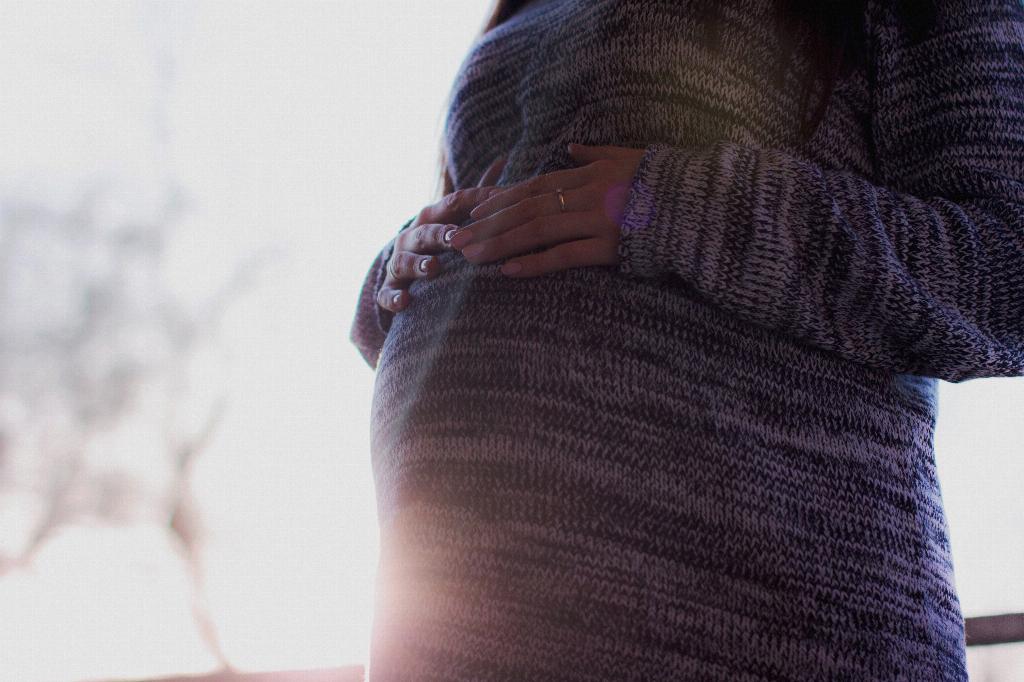When it comes to ectopic pregnancy, one of the key indicators that something may be amiss is the presence of pain. This type of pregnancy occurs when the fertilized egg implants itself outside the uterus, most commonly in the fallopian tubes. This abnormal implantation can lead to a range of symptoms, including pelvic or abdominal pain. But at what point does this pain typically make its presence known?
For many women experiencing an ectopic pregnancy, the onset of pain is often linked to the timing of the pregnancy itself. As mentioned in the earlier facts, symptoms of an ectopic pregnancy tend to appear around 6 to 8 weeks after the last normal menstrual period. This timeframe is crucial because it marks the period when the fertilized egg would typically implant and start developing in the uterus.
Given that an ectopic pregnancy involves the fertilized egg attaching itself in a location other than the uterus, the pain associated with this condition can surface earlier than in a typical intrauterine pregnancy. It’s important to note that the pain from an ectopic pregnancy is often localized to one side of the abdomen or pelvis. This characteristic point of origin can serve as a key distinguishing factor between an ectopic and an intrauterine pregnancy.
The nature of the pain experienced in an ectopic pregnancy can vary from woman to woman. Some individuals may describe it as sharp and stabbing, while others may experience a dull ache or cramping sensation. The intensity of the pain can also fluctuate, with some women reporting periodic waves of discomfort.
As the ectopic pregnancy progresses, the pain may intensify and become more persistent. This escalation in discomfort is typically due to the growing size of the ectopic pregnancy and the associated stretching of the tissues in which it is implanted. In some cases, the pain can become severe and may be accompanied by other concerning symptoms such as shoulder pain or vaginal bleeding.
It’s worth highlighting that the exact timing at which an ectopic pregnancy starts causing pain can vary among individuals. Factors such as the location of the ectopic pregnancy, the rate of growth, and the presence of other underlying conditions can all influence when the pain becomes noticeable. This variability underscores the importance of seeking prompt medical attention if you suspect you may be experiencing symptoms of an ectopic pregnancy.
Additionally, it’s crucial to remember that not all ectopic pregnancies present with symptoms right away. Some women may have an ectopic pregnancy that goes undetected until a routine ultrasound or medical evaluation is performed. In these cases, the absence of early pain does not rule out the possibility of an ectopic pregnancy.
Given the potential risks associated with an untreated ectopic pregnancy, it’s essential to be vigilant about monitoring your symptoms and seeking medical guidance if you have any concerns. Early detection and intervention are key in managing an ectopic pregnancy and minimizing the associated complications.
In conclusion, the onset of pain in an ectopic pregnancy can occur as early as 6 to 8 weeks after the last menstrual period. The location, intensity, and progression of the pain can vary among individuals, highlighting the need for individualized medical care and attention. If you are experiencing pelvic or abdominal pain that raises suspicion of an ectopic pregnancy, don’t hesitate to consult with a healthcare provider for a thorough evaluation and appropriate management.

